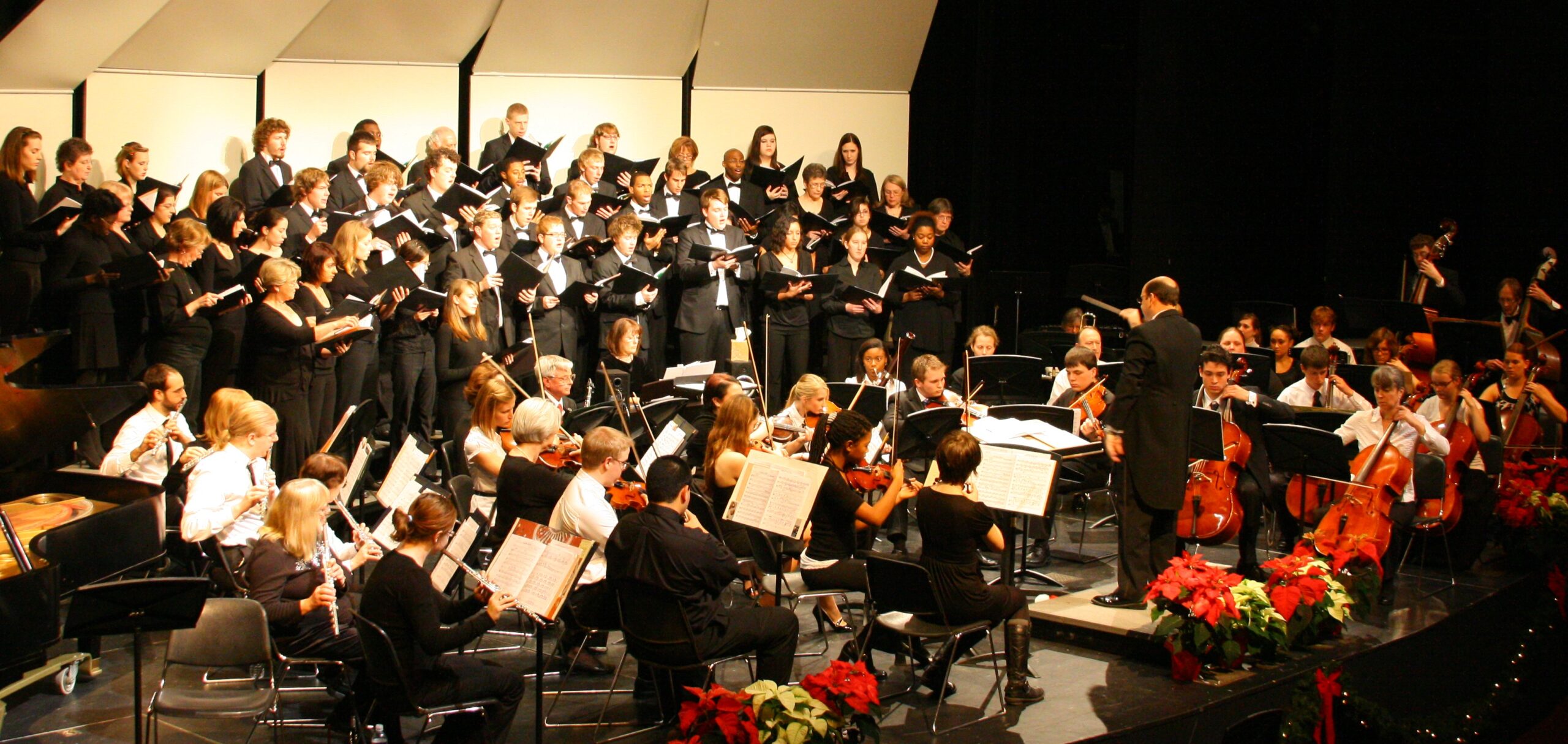Treat America contract falls short internationally
 By: Sean E. Thomas
By: Sean E. Thomas
News Editor
St. Louis Community College is under contract with a company called Treat America, making them the required first option for any student organization ordering food, according to Kyle Luzynski, president of the Student Governance Council at Meramec.
“The cafeteria has what is called right of first refusal,” Luzynski said, “They have a contractual right to be the first go-to when a student organization is searching for a food option for an event.”
Luzynski used the International Club as an example of a student organization that faces troubles sourcing cultural cuisine for both educational and ethical reasons.
“I would like to tell you about International Club because that is where this issue has been perhaps most persistent,” Luzynski said, “We have students from not only all over the country but all over the world here at St. Louis Community College, and we value diversity at the college. But when it comes to obtaining food for their ethical and cultural events like their bi-weekly meetings … they cannot obtain authentic food. It diminishes how the dozens of students that attend get to experience different cultures.”
Aia Obeed, a student with the International Club, spoke to some of the frustrations international students face with being made to procure cultural cuisine from the cafeteria.
“If I was to give somebody Arab food I’d like it to be as close as possible [to authentic], and asking somebody in the cafeteria to make it who doesn’t know what it’s supposed be like … I feel it’s not going to get where I want it to get to,” Obeed said. “So getting it from a place where I know this is as close as I can get, this is exactly what I want, I feel like that’s more important for the experience.”
Obeed said that student organizations can go outside of the cafeteria to source ethical or cultural food for their events but then are forced to pay for the food out of their own pockets, and not through the organization’s budget.
“I see all kinds of issues tied to culture with our current food policy,” Luzynski said. “Lack of clearly identified vegetarian and vegan options, the lack of cultural exemption for obtaining food that matches our ethical beliefs as vegetarians and vegans, and also a lack of awareness by the staff about what constitutes vegetarian or vegan.”
According to Luzynski, some local universities have what he referred to as an “ethical and cultural exemption,” allowing them to source cultural or ethical food from off-campus.
“Schools such as Maryville do have an ethical and cultural exemption,” Luzynski said, “Individuals or organizations like the international club … can easily request local authentic cultural food from a local authentic cultural restaurant. That is a benefit that other colleges with other contracts seem to enjoy which we seem to lack.”
Obeed spoke of members of the International Club who will only consume meat that has been prepared according to Halal, meat prepared as prescribed by Islamic law, and how this can pose a problem when sourcing food for the club’s events through the cafeteria.
“With our specific contract with Treat America we have a difficulty procuring authentic cultural food as well as difficulties with sourcing ethical food,” Luzynski, who is himself a vegan, said. “It’s one of my greatest ethical issues as a leader. I do not feel I can source good, ethical, vegan food from the cafeteria.”











